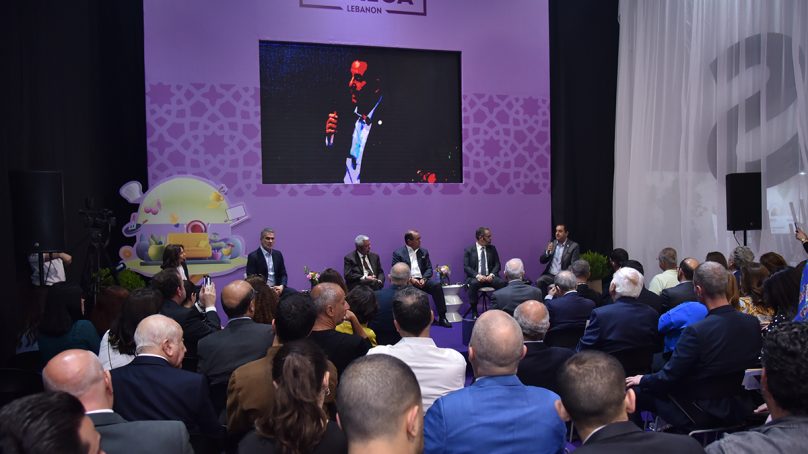

A promising outlook
Two million visitors are expected to come to Lebanon this summer, a positive sign that the country is back on the tourism map. The MOT has been very active in promoting Lebanon over the past 18 months; its “Ahla Bhal Talle” campaign won the “Best Arab Promotional Campaign Award” at ITB in Berlin in 2022. H.E. Nassar said that the ministry is working with the World Tourism Organization to nominate the town of Douma for the title of “Most Beautiful Town 2023” and announced the nomination of Kfardebian area, in collaboration with the Arab Tourism Organization, to be the Arab capital for winter tourism.
There are now 150 guesthouses in remote areas of the country, such as Akkar, Dennieh and Ras Baalbek, which proves that people are seeking new experiences. Achkar added that Lebanon has not lost any of its components, capabilities or the will of its people. He concurred that summer 2023 is going to be a busy one and many places will be running at full occupancy.
According to Beyrouthy, around 280 hospitality establishments employ approximately 50,000 workers, 30,000 of whom are seasonal employees. Expectations are high, and the industry looks set to enjoy several profitable months.
Indeed, the decision made by H.E. Nassar to allow pricing in US dollars marked a major turning point for Lebanon’s hospitality sector, which was suffering due to volatile exchange rates. Ramy said that this step provided a lifeline for all kinds of hospitality establishments, particularly the restaurant sector, allowing many to turn a profit and reinvest.
Despite MEA being dealt a double blow, from the impact of the Russia-Ukraine war on jet fuel prices to human resource issues post Covid-19, the airline has been faring relatively well. Haber said that the overall booking rate for summer 2023 currently stands at 60-65 percent of the capacity set for this year — more than that in 2019 — and it is expected to reach 100 percent by the end of June. Capacity has reached 90 percent in some countries.
Room for improvement
The panelists spoke about the importance of decentralization and the need for collective action within the private sector. Achkar reiterated that politics should not disrupt the tourism season, and Lebanon should maintain good ties with its Arab counterparts. For decades, Lebanon has welcomed visitors from the region, particularly Gulf tourists who would traditionally spend large sums on hotel accommodation, trips and eating out.
Furthermore, investment must be prioritized. Beyrouthy stated that if there is a genuine intention to develop tourism in Lebanon, civil organization of coastal areas should be reconsidered, as well as the establishment of a new airport and other profitable investments to activate and develop the sector through a clear and effective strategy.













